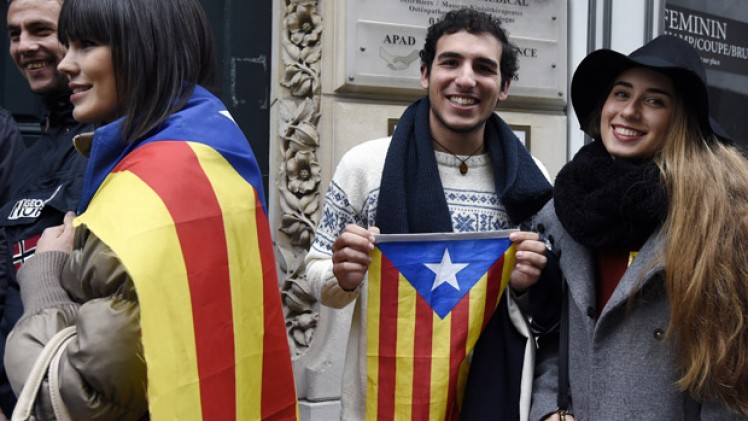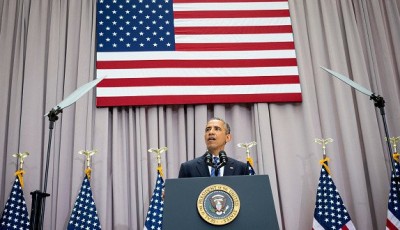Catalan pro-independence parties win regional elections
So the pro-independence parties pitched the vote for regional parliamentary seats as a de facto plebiscite.
The vote will be a blow to Prime Minister Rajoy’s premiership and will be an unwelcome distraction just three months ahead of a general election in December.
Many Catalans who are in favour of breaking away from Spain say their region, which represents almost a fifth of Spain’s economic output, pays too much in taxes and receives less than its fair share of government investment. “Since I was born I have never felt Spanish, I have always felt Catalan and now it is my moment”.
According to the 99.67% of the examined bulletins, “Junts pel Si” (Together for the Yes) coalition for the independence of the autonomy gained 62 seats or 39.57% of the votes.
They argue that the Spanish government has consistently refused to allow a legally recognised referendum, ignoring an unofficial vote backing independence in November 2014.
Critics said the pro-independence forces failed to gain legitimacy for their secession push with the election result and demanded Mas’ resignation. “Together for Yes” candidate Francesc Homs told a jubilant crowd outside the bloc’s campaign headquarters in Barcelona, many of which waved pro-independence flags.
Spanish PM Mariano Rajoy says he is ready to listen to Catalonia’s new regional government after the separatist victory in Sunday’s polls – but will not discuss Spain’s unity.
The Popular Party and the Socialists, who won 16 seats, were overtaken by the anti-independence Citizens party, which won 25 seats, up from nine.
“The secessionists tried to break up Spain but they couldn’t,” Pablo Casado Blanco, from the conservative People’s Party said. Mas has pledged to lead Catalonia towards independence from Spain by 2017 at the latest.
Nationalists portrayed the election as the start of a process aimed at eventually achieving Catalonia’s secession from Spain, a move that the central government, under the PP, considers illegal and contrary to the Spanish Constitution.
“A quirk in election law – which gives greater weight to ballots from more sparsely populated rural areas – enabled the independence tickets to win”, The Journal noted.
Opinion polls held by the Centre d’Estudis d’Opinió indicate that the majority of Catalans want a referendum but are divided over the issue of full independence.
CAN reports that statements by members by European Union dignitaries suggesting they would not object to Catalan independence.












